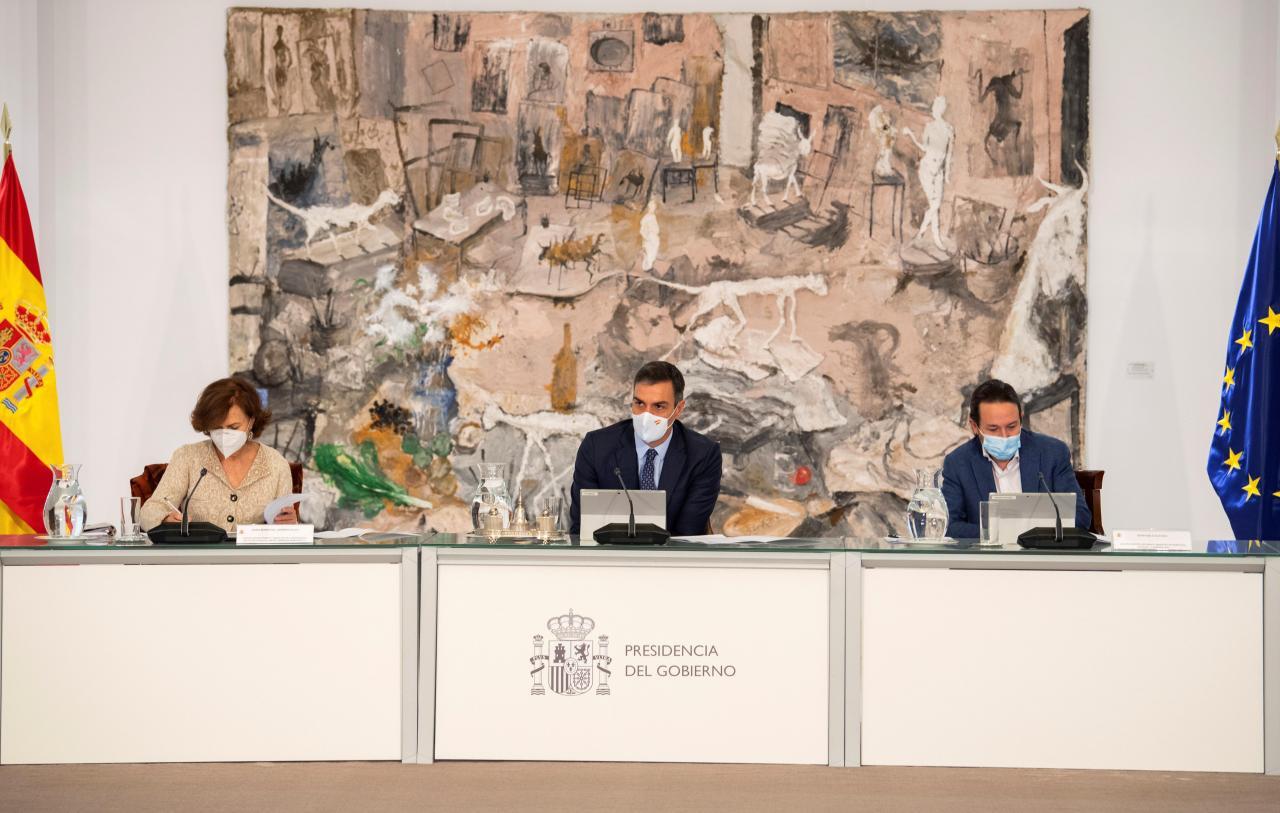In an interview on Monday morning, the national minister of territorial policy, Carolina Darias, appealed for the unity of regional administrations and stressed that health measures over the coming months will be taken with the consensus of these administrations.
Darias referred to the "rapport" and "maximum commitment" of all parties on the Inter-Territorial Health Council, the body which will guide action across Spain. The state of alarm, she said, has empowered this council. Measures it considers will be guided by the development of the pandemic.
If the government succeeds in gaining approval of the state of alarm's extension until the spring, she added that the council's decisions could relax the current restrictions. In other words, the use of the state of alarm does not mean that the restrictions cannot be made less strict, but the state of alarm is "the most effective constitutional tool" for measures such as a curfew.
The application of the state of alarm until May 9 isn't an absolute given. The government has the powers to decree this without reference to Congress, but it must get the support of Congress for an extension. At present, therefore, the state of alarm and the curfew only run for a fortnight.
The Sánchez government will seek approval this week, and it will probably receive this, but among opposition parties, Ciudadanos have let it be known that they feel that six months is "excessive". The Cs leader, Inés Arrimadas, said on Monday that her party will try to negotiate a shorter period.


No comments
To be able to write a comment, you have to be registered and logged in
Currently there are no comments.